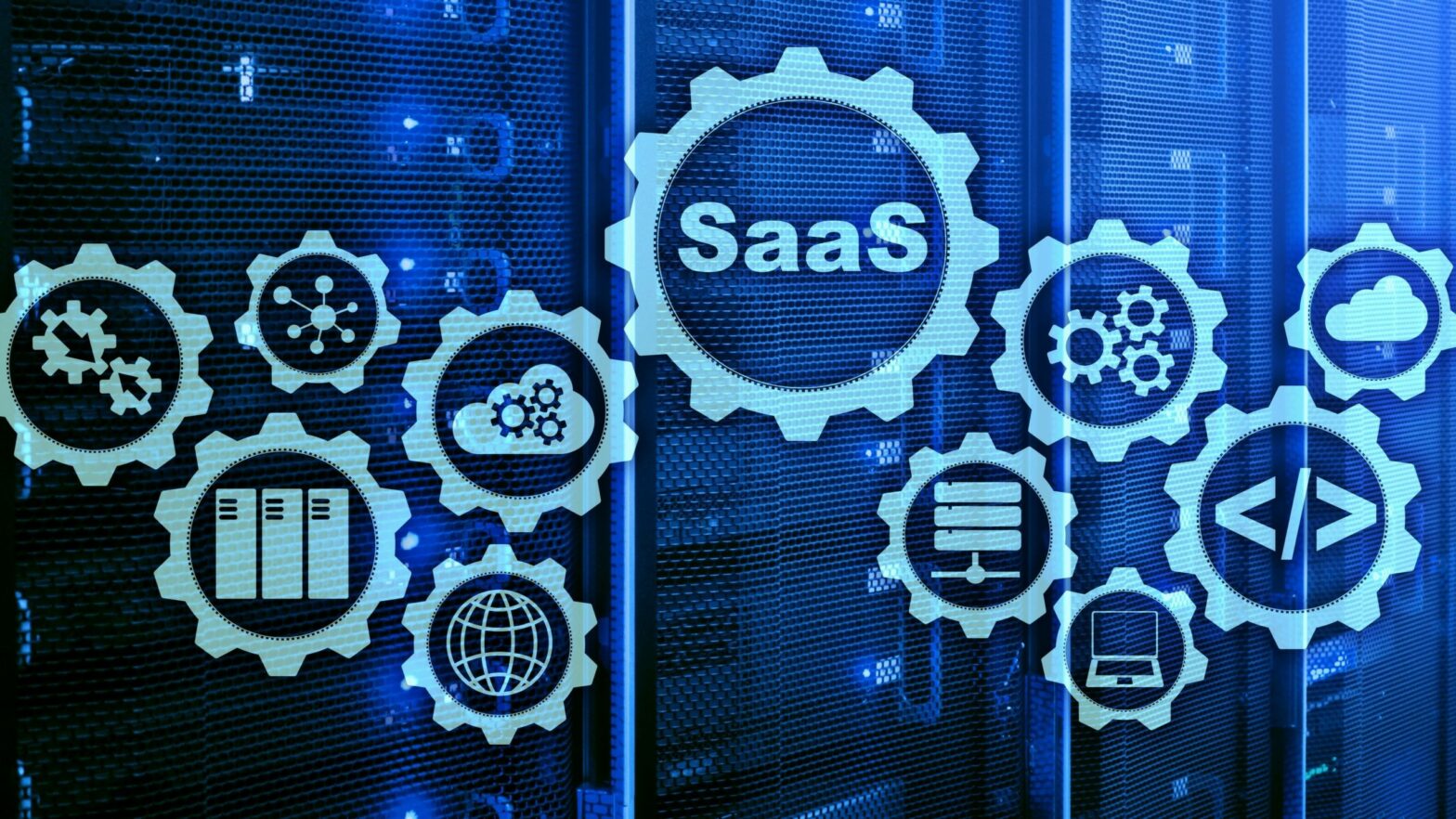SaaS has been hailed as a revolutionary new way of doing business by software companies. Rather than buying a licence at capital expense for a program that may not be fully utilised (known as ‘shelfware’), SaaS companies offer a monthly subscription and provide the software online, through a browser.
The SaaS model tends to be sold along the following lines:
- It’s generally cheaper than buying licensed software
- You don’t have to worry about updates
- In the case of a hosted solution (like email), you get automatic disaster recovery
- You can access it from any terminal.
SaaS salespeople – and a flood of articles on the subject – can make the concept extremely compelling. But there are caveats, typically only heard from businesses that have already implemented the model.
The Guardian Media Group recently replaced its entire productivity suite (including email, word processing and spreadsheet packages) with Google Apps, hot on the heels of its rival, the Telegraph.
In doing so it was potentially outsourcing control of its data to the hands of another company – a legal minefield, given the sensitive information that was going to
be stored elsewhere.
‘Our ability to control who has access to that information is quite important,’ says the Guardian’s technology director Andy Beale. ‘We did consider that carefully, but the mail product gives us total control over deletion and retention and therefore we were comfortable that we were in control of the data.’
Another concern was the storage and transmission of sensitive information in servers located outside the country, particularly the US with its controversial Patriot Act legislation.
‘We did look at that,’ Beale says. ‘My honest answer is that, as an industry, the issue is still not yet clear, which makes seeking advice on those sort of things quite hard. We did a risk assessment on it, including information security, and we felt [problems] were either mitigated or of a low-enough likelihood [to be acceptable]. But I would accept that this is an area which the industry has not yet completely got to grips with.’
The Guardian is also still paying for Microsoft Office, as well as Google Docs, ‘in case people need to do a 2,000-word highly formatted report or a very complex PowerPoint presentation.’ In other words, while Google Docs suite is good for collaboration with remote users (such as journalists), it falls short as a full editing package.
Overall, the benefits of SaaS outweigh the disadvantages, but it depends on the business and the weight of legislation behind the sector in which it operates. For example, a private surgery is legally obliged to store medical records within the UK, precluding the use of a hosted storage service.
The benefits and cost savings of the right hosted service, however, can be formidable. Beale’s advice is to ‘accept upfront that this is a service and you’re not buying some software. You don’t get to choose and customise it, you’re buying a service so treat it as such.’






